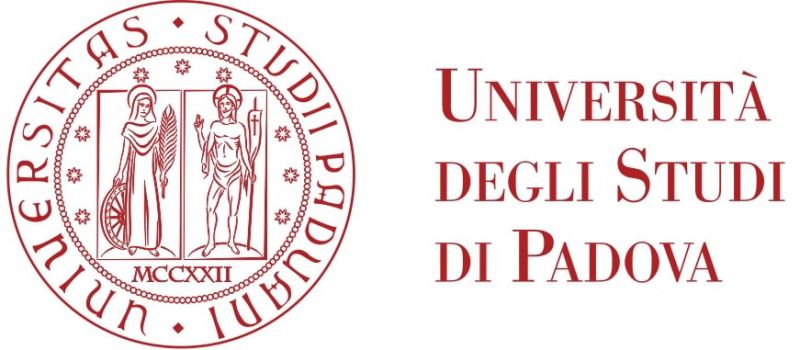

EECI International Graduate School in Control
Multi-Agent Optimization and Learning: Resilient and Adaptive Solutions
February 13-17 2023, University of Paris-Saclay, Paris, France
Abstract of the Course:
Recent technological advances have spawned a number of applications – ranging from decentralized learning to smart grids and IoT – in which the control of multi-agent decision-making systems is of central importance. In this context, many engineering problems can be cast as optimization and learning problems over networks of cooperating agents. The course will provide a thorough introduction to the solution methods that have been developed to tackle these challenging scenarios, as well as an overview of current trends and advanced topics. During the first part of the course, specific emphasis will be given to the challenging set-up of networks with asynchronous operations and faulty communications, leveraging both gradient- and non-expansive operator-based approaches. The second part will then discuss the application of these methods to learning in decentralized scenarios, and their translation to online problems, which are characterized by time-varying objectives and constraints.
Outline:
The Workshop in intended to provide to a wide and diverse audience interested in distributed optimization in large scale networks with an overview of the state-of-the-art from a control point of view. In particular, being the fist part of the workshop devoted to tutorial seminars, it is particularly suitable for Ph.D. students and young researchers who are willing to enter this new area of research and are not necessarily experts, since most relevant mathematical tools are references will be provided. However, it is also relevant for practitioners and researchers in distributed optimization, since the second part of the workshop will present some recent advances in this area and some industrial application of these tools.
Organizers:
|
|
|
Electrical Engineering Department KTH Royal Institute of Technology Osquldas vag 10, Stockholm, Sweeden Tel: +46-8-7907436 e-mail: nicolba@kth.se |
Schedule:
| MONDAY | ||
| 14:00-15:30 | Course Introduction: motivating examples from distributed learning, estimation and control, e.g map building, sensor calibration, clock synchronization, wireless power control |
|
| 15:30-16:00 | Break | |
| 16:00-17:30 | The consensus algorithm: theory and results | |
| TUESDAY |
||
| 9:00-10:30 | Advanced consensus algorithms: accelerated, PI consensus, push-sum consensus, push-sum w/ packet losses |
|
| 10:30-11:00 | Break | |
| 11:00-12:30 | Consensus subgradient and average-tracking: gradient e Newton-Raphson |
|
| 12:30-14:00 | Lunch | |
| 14:00-15:30 | Non-expansive operators: motivations (minimum as fixed point) and synchronous/linear examples and proximal-gradient |
|
| 15:30-16:00 | Break | |
| 16:00-17:30 | on-expansive operators: asynchronous/random coordinate update |
|
| WEDNESDAY | ||
| 9:00-10:30 | ADMM for distributed optimization: theory are results |
|
| 10:30-11:00 | Break | |
| 11:00-12:30 | Partition-based distributed optimization, consensus-tracking vs fixed-point, rate of convergence, resilience to noise and packet losses | |
| THURSDAY | ||
| 9:00-10:30 | Federated learning: motivations, state-of-the-art, trends | |
| 10:30-11:00 | Break | |
| 11:00-12:30 | Hessian-based Federated Learning | |
| 12:30-14:00 | Lunch | |
| 14:00-15:30 | On-line/time-varying distributed optimization: gradient based vs predictive | |
| 15:30-16:00 | Break | |
| 16:00-17:30 | Current trends and vistas in multi-agent distributed optimization: human-centered, model-based, learning for optimization | |
| FRIDAY | ||
| 9:00-10:30 | MATLAB/PYTON: hands on implmentation of distributed optimization algorithm PART I | |
| 10:30-11:00 | Break | |
| 11:00-12:30 | MATLAB/PYTON: hands on implmentation of distributed optimization algorithm PART II |

